Choosing an internet-blocked daily routine
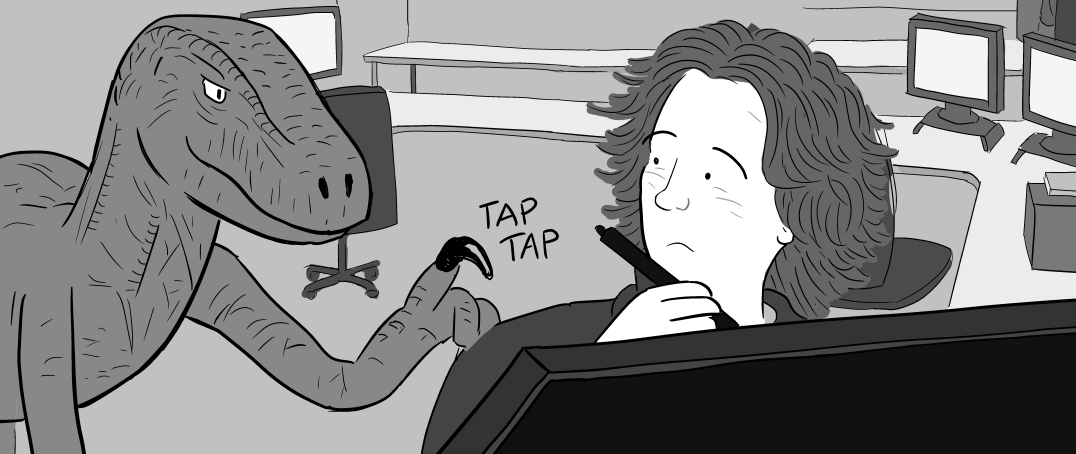
Choosing an internet-blocked daily routine
I have just released my new comic Blocking My Reptile, which is about how I deliberately block myself from accessing the internet during my typical workdays. With this blog post, I wanted to share how this web-blocking practice has evolved over the years.
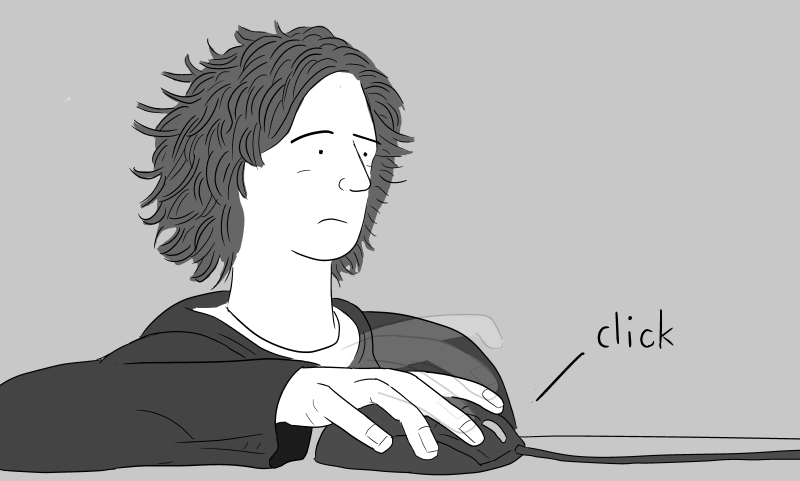
The old days: unblocked at all times
The default modus operandi for people working on a computer is to be continuously connected to the internet. And so it was for me too.
Forever curious as to whether anyone had emailed me, I would have my email inbox open. I would be logged into Facebook and Twitter. I would have instant messaging software open. Wikipedia would be at hand, for any topics of research that entered my mind.
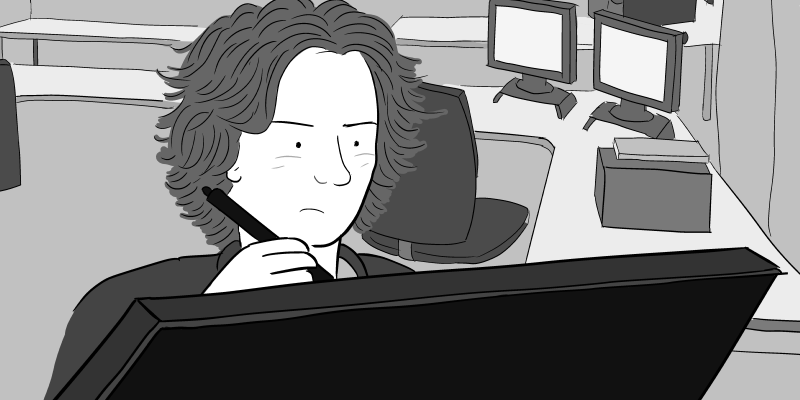
By doing these things, I was subconsciously opening all of the avenues of distraction. Practically begging for someone to interrupt my work, so that I could slacken off.
Does this remind you of the way that you use your computer?
Self control was the only barrier preventing my from immediately downing-tools and surfing the web. On some days, this barrier was as thin as tissue paper.
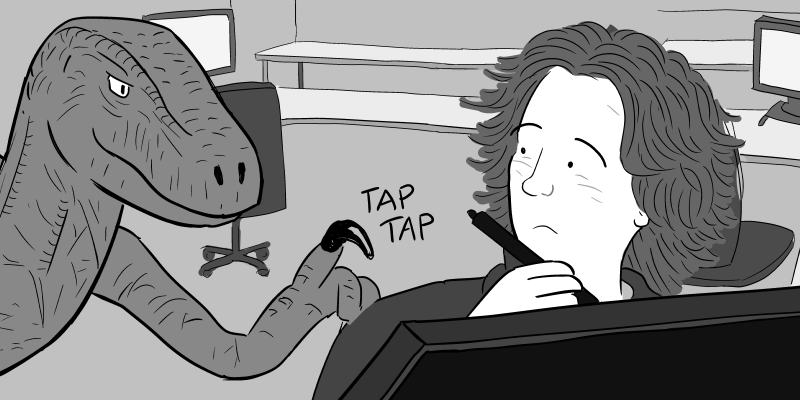
Recognising the problem, using self-control
Working from home in self-employment is a potentially risky combination. When you are at a low ebb of productivity, there is no boss who can prompt you to refocus on your work. Self-control is all down to you, as you play the role of your own ‘boss’. Without a truly separate person to act as the boss, it can be easy to spiral into idleness.
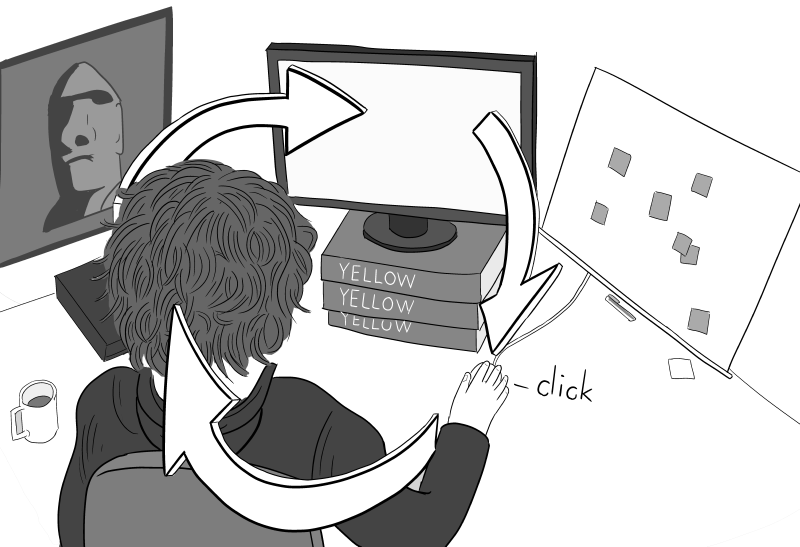
For me, killing time on the internet was an outlet for my idleness. Something to do, as I awaited my work ethic to return. My logic went a little something like this:
Phase 1: Browse the web
Phase 2: ?
Phase 3: Get back to work
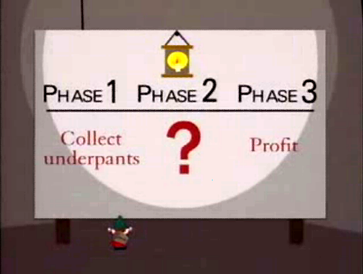
I mean, it felt vaguely work-y to be sitting at the computer browsing the web.
“At least I’m at the computer, right?”, I would tell myself. It wasn’t like I was at the beach, or at the movies. “I could get back to work at any minute…
…now let me finish scrolling through Today I Learned on Reddit.”
With time, I saw that my ability to access the internet itself was the problem, and that I needed to pre-emptively cut my ability to access the web.
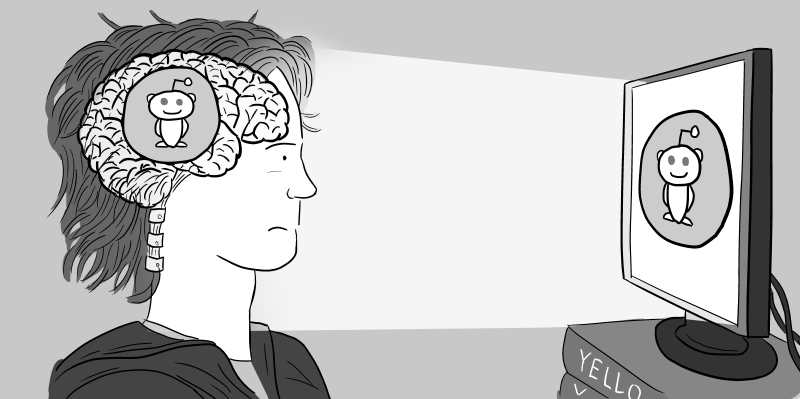
How to stay offline: enlisting the help of others
When I was working from home, I asked my housemate Seb to help me ‘block my reptile’ during work hours.
At my request, Seb logged into our house’s router, and blocked my computer’s MAC address from being able to access the internet between 8 a.m. and 4 p.m.
By doing it with the help of a friend, my choice to stay off the web was not totally reliant on my own minute-by-minute self-control. It was a decision that was made by someone else, and was already set in stone at the beginning of the work day.
The lesson: don’t suffer alone. Look at ways that you can enlist the help of others to help you curb your bad habits.
Physical disconnection, or software blocking?
Where it is possible, I highly encourage you to be physically disconnected from the internet when working. At one stage, when I was living in a different house, I would hand my girlfriend my wireless network adapter when she would leave for work in the morning. I would thus be unable to access the web until she returned in the afternoon.
But I do acknowledge that some people do have a need to be online for certain purposes. For example, if you work as a freelancer and need to be connected to a certain task management system, in order to log hours and receive instructions.
In this case, I’d recommend using browser blockers to selectively block parts of the web. Block the parts of the web that are irrelevant to you at that time of day.
Browser blockers: the software approach
For this purpose, I’d recommend the premium version of the browser-blocker Cold Turkey. Now that I am working in a coworking office, Cold Turkey is the solution that I am current using.
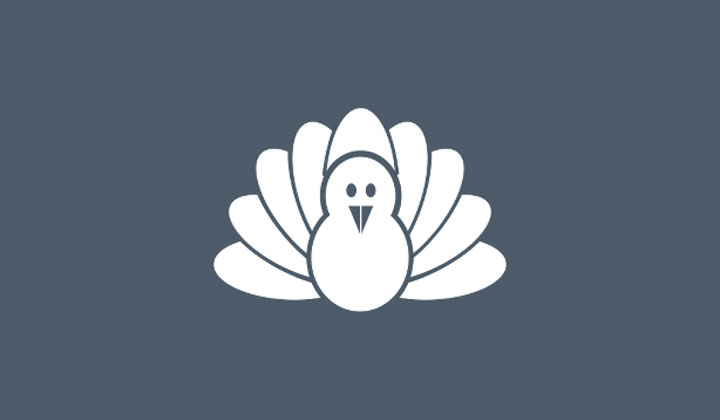
Cold Turkey can be used to whitelist the domains that you do want to access, blocking everything that’s not on the list.
Alternatively, Cold Turkey you can blacklist the domains that you don’t want to access (such as distractions like social media, Netflix, news websites, etc), with the software thus allowing you to visit any websites that aren’t on your blacklist.
You can tell Cold Turkey to block your access for a certain duration of time (say, “block me from my Distractions List for 120 minutes, starting now“), or you can pre-set hours of the day that you want to pre-emptively block yourself (e.g. “block me from distractions every weekday between 8 a.m. and 4 p.m.”).
I use Cold Turkey, but there are other software options available. I find it beneficial to schedule a whole week of blocked / unblocked periods, so that the decision is pre-emptively made at the start of the week. From that point onwards, I am simply following the pattern of access or non-access that I had already set myself.
Peer accountability
As with all habits, it helps to recruit friends and colleagues to help you stay ‘on the wagon’. (Or is it ‘off the wagon’? Jerry Seinfeld raises a good point about this expression).
I now work in a coworking office, and we have a ‘peer accountability’ group that helps us to plot weekly goals, and hold each other to task if we do not meet our goals.
Accountability over internet use is another thing that colleagues can hold themselves accountable to. Creating “If you catch me browsing the web before 4 p.m., I owe you a coffee” -style wagers.
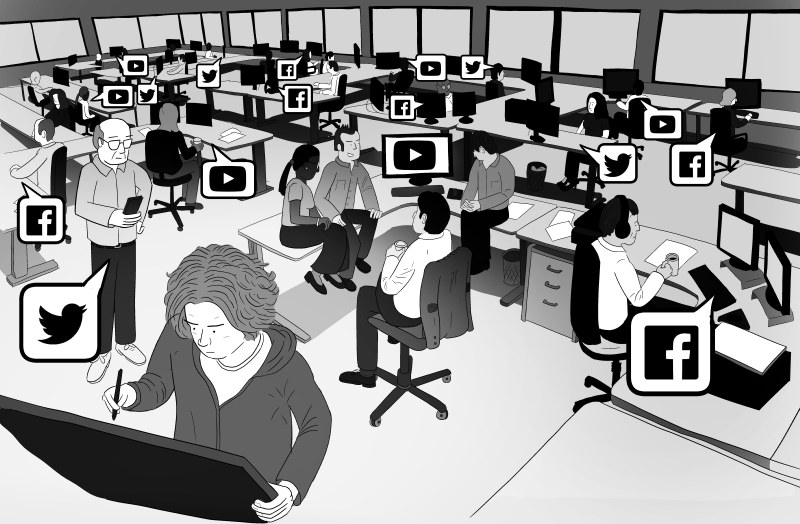
Disclaimer: I am still not perfect
If my blog post makes me seem like a perfectly disciplined model of productivity, I am not. Each day my impulsive reptile brain nags at my rational mind, asking for permission to slack off.
In particular, I must admit that there was a stretch of roughly 2 months this year, where I had to abandon my web-blocking solution all together. This was during the period when I was migrating my website from old to new. During this process, I had to be online for hours at a time, so I abandoned my Cold Turkey web-blocking routine. During this time, with open slather access to the web, I am sure that I went down plenty of internet rabbit holes.
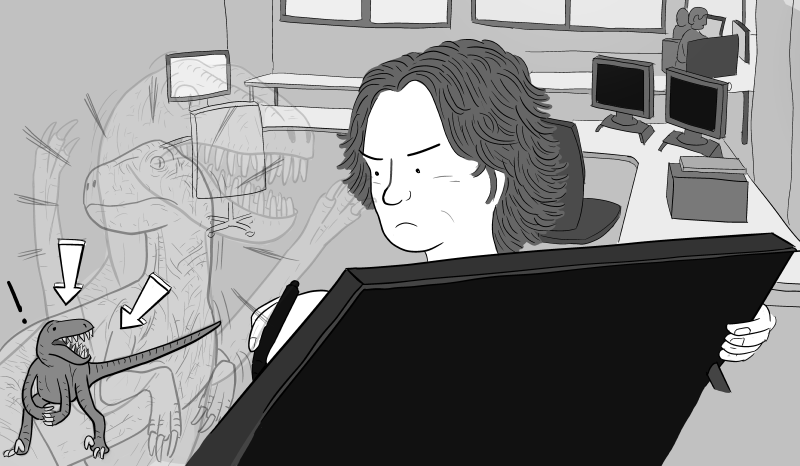
The reason I wrote the comic is because distraction is something I have always wrestled with throughout my six years as a self-employed cartoonist. Sometimes I am on the winning side of the battle, other times I am losing the battle.
The important thing is that I have improved since the unblocked at all times days. And now that I have published a comic on this topic, I will be extra motivated to be on good behaviour.
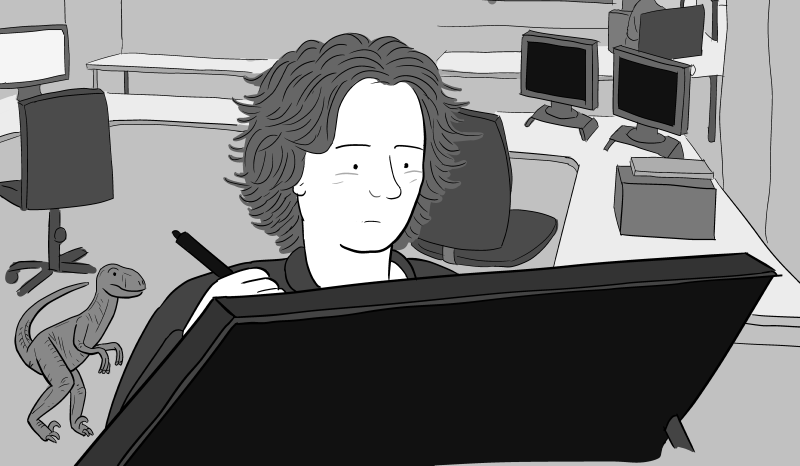
Stay tuned for more blog posts—and more comics—on topics relating to the internet and communication technology’s role in my life.











Comments